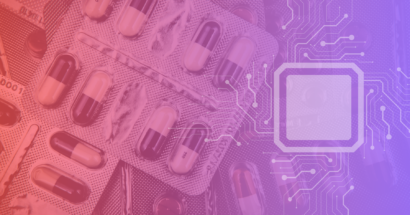The DIR hangover is a challenge, but it is not insurmountable. By taking steps to prepare, pharmacies can minimize the impact of the DIR hangover on their businesses and continue helping patients in their communities for years to come. No matter how you choose to prepare, it's important to start now.
Read MoreImproving Patient Education: Replacing Paper Printouts with Digital Solutions, Part 2
To improve patient education, it’s time to look past paper printouts. Read this article to learn about the patient benefits of digitizing information leaflets.
Enhancing Pharmacy Sustainability: Replacing Paper Printouts with Digital Solutions, Part 1
Pharmacy sustainability is within reach, and it starts with reducing paper waste. Read this article to learn more about improving sustainability efforts.
The future of pharmacy is closer than you think. Read this article to learn more about pharmacy automation and its potential impact on pharmacists and patients.
Not sure how you’re going to handle the DIR Hangover? Read this article to learn about some non-traditional ways to build revenue and offset your DIR fees.





